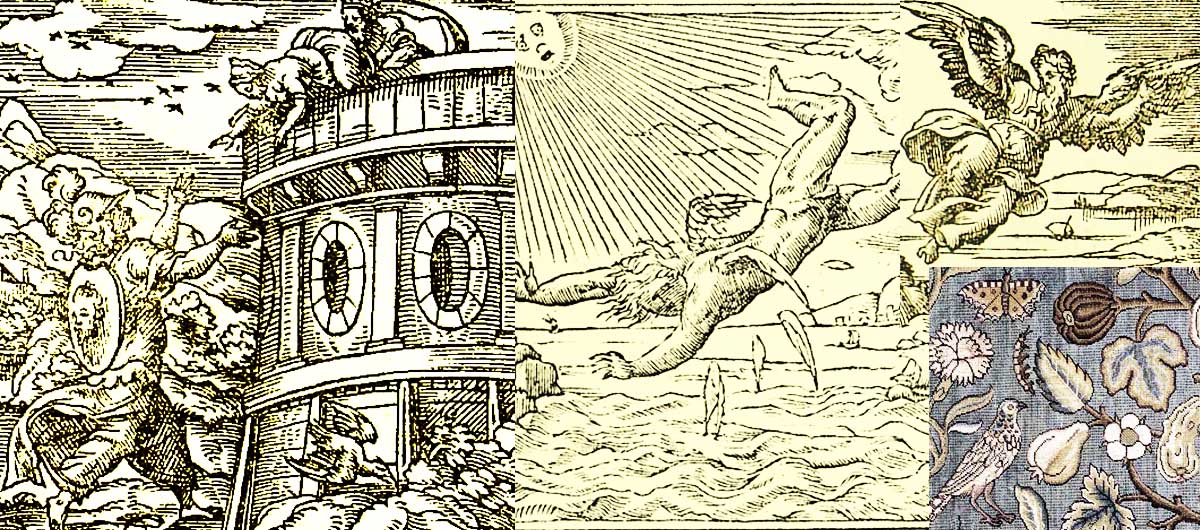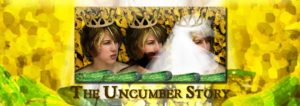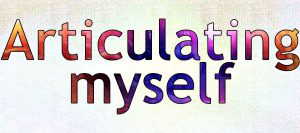Fearful now of high places, the partridge roosts low in the branches of the pear tree. In the winter snows she dreams of the time of myths long ago, and the time to come when all spells are broken. In her dreams she is human again, and young, and her name is Perdix as once it was.
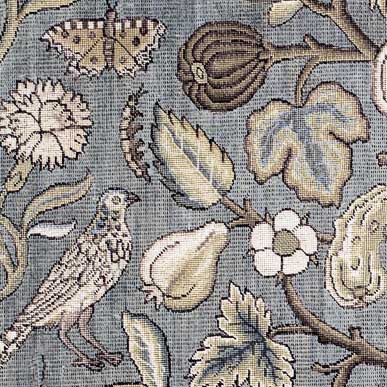
She was the niece and apprentice of crafty Daedalos, and invented toys to amuse the baby Ikaros. From scraps of workshop metal she constructed intricate mobiles that she hung over the baby’s bed. In the warm wind from the window they turned and spun and softly chimed. Winged figures and bulls. Fruit trees with golden fruit. Feathers spinning, spiralling, tumbling, falling.
Daedalos was impressed and not a little envious, but at least the skill was still in his family.
The crime
Then the Sybil of Samos prophesied that Ikaros would die young and that Perdix, in the toys she made, had predicted his death.
The prophecy though, as all prophecies, was garbled and incoherent. Daedalos, hearing it second-hand, understood that Perdix would usurp his son’s place. That she would bring about his death. For this reason, he took the unsuspecting girl up into a tall tower and pushed her over the parapet.
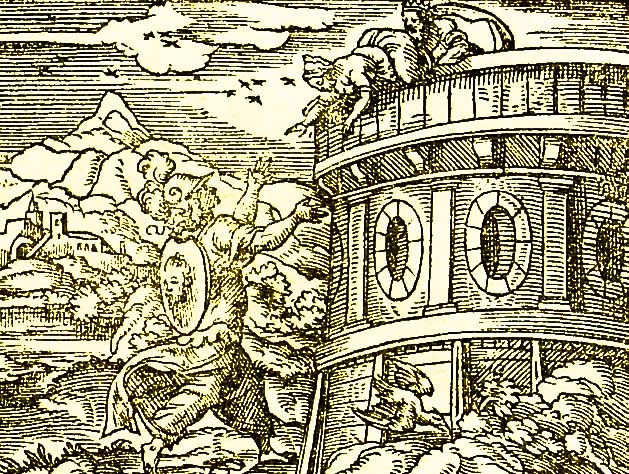
The Goddess Athena, who favours the ingenious, saw Perdix fall and in the flick of an eye, to save her life, turned her into a partridge.
These things the partridge remembers in her winter dreams. The further story is a vague confusion and will not come clear. But we know.
The punishment
For his crime, Daedalos was banished from his home to Crete, to the workshops of King Minos. There, with Ikaros his son, he lived in service to the Bull-King.
The boy grew strong and brave, but without his father’s skill, and it irked him and saddened his father. Then one day, packed in a trunk in the darkest corner of the workshop, Ikaros found them. The mobiles that Perdix had made. He did not remember them, or only as the echo of a dream, but in the winged figures and the feathers he saw a means of escape, and a means to win his father’s approbation.
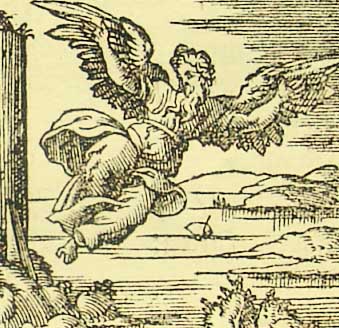
Unable to construct the wings himself, he took the idea to his father, but concealed the true origin. The wings, he pretended, were his own notion. Daedalos was delighted with his son’s plan, and even more that Ikaros had, at last, come up with an original idea.
Daedalos made the wings and the two captives fled from Crete. But Ikaros in his delight flew too high, too close to the sun. The wax that held his wings together melted, and in a cloud of loose feathers he fell, as Perdix had fallen. But for Ikaros, who had never shown the slightest ingenuity or craftsmanship, no goddess watched, and he plunged to his death in the sea, leaving Daedalos to fly on alone, weeping.
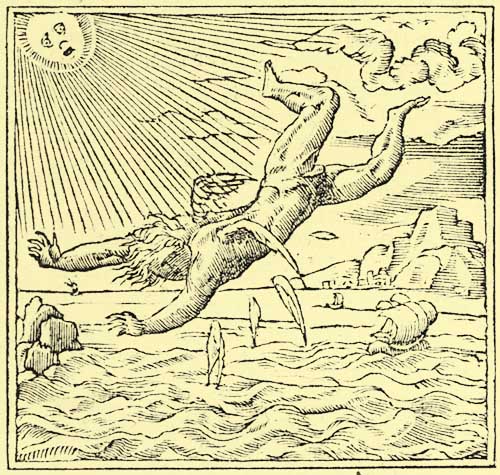
The irony of the gods
What will happen, do you suppose, when all spells are broken and the partridge in the pear tree learns the full story of the end of Ikaros and Daedalos? Will she too shed a tear? Or will she let a feather fall, spiralling down, as she laughs at the irony of the gods?
Notes
Illustration acknowledgements:
The partridge and pear in the first picture is a detail from an image that claims to be an English tapestry of The Tree of Life, dated to the 17th century and held in the Metropolitan Museum of New York. I’ve been unable to identify the original image though. I’m happy to add the correct link if anyone can supply it.
The remaining three images are woodcuts by Virgil Solis illustrating the story from editions of Ovid’s Metamorphosis (1569).
Last year I republished Princess Uncumber: a retold tale. It proved popular, so I thought, why not start 2021 by reviving another one? I originally published this this as What The Partridge Dreams in 2010.

